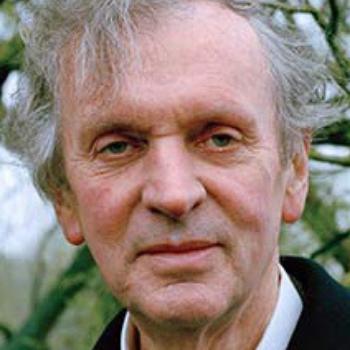According to Rupert Sheldrake's hypothesis of morphic resonance, all self-organizing systems, including crystals, organisms and societies are organized by morphic fields which contain an inherent memory, given by a process called morphic resonance from previous similar systems.
All human beings draw upon a collective memory, similar to Jung's collective unconscious, and in turn contribute to it. Even individual memory depends on morphic resonance rather than on physical memory traces stored within the brain. Rupert Sheldrake will discuss some of the implications of this hypothesis.
This talk is taking place in-person at our college in London
You can find the address and travel directions on our contact page - we'll also include all the information in your enrolment email.
About Rupert Sheldrake
 Rupert Sheldrake is a biologist, Fellow of Clare College, Cambridge, and author of more than nine books, including The Science Delusion. He has also co-authored numerous books.
Rupert Sheldrake is a biologist, Fellow of Clare College, Cambridge, and author of more than nine books, including The Science Delusion. He has also co-authored numerous books. Read more about Rupert
Register your interest
This talk has already taken place, please register below and we'll let you know when it runs next.
